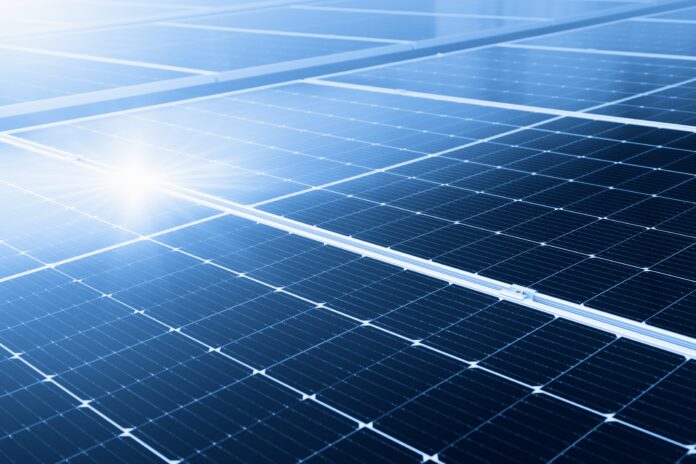The Institute for Climate and Sustainable Cities (ICSC) has handed over a 60 kilowatt-peak (kWp) on-grid hybrid photovoltaic system to the municipality of Guiuan, Eastern Samar. This partnership underscores the growing role of renewable energy in rural development and climate resilience.
The solar installation, which can power up to 40 rural households, comes at a time when communities like Guiuan are increasingly vulnerable to extreme weather conditions, including typhoons, flooding, and rising sea levels. ICSC executive director Angelo Kairos dela Cruz emphasized the broader impact of this project, saying that it represents not just a technological upgrade but also systemic change in addressing climate challenges at the local level.
“We aim to show how climate-resilient development can be achieved through local champions,” said dela Cruz. He said further that the collaboration extends beyond solar energy installation, serving as a template for other municipalities seeking to embrace renewable energy as a means of fostering local economic and environmental sustainability.
Guiuan, the largest municipality in Eastern Samar, now stands as a pioneer in this energy transformation. Mayor Annaliza Gonzales-Kwan said the partnership is a “game changer,” signaling the power of collaboration in driving sustainable development in the region.
The turnover was marked by a ceremonial deed of donation signing on 27 February, with both ICSC and local leaders expressing their commitment to the project’s long-term success. After a one-month testing period, the hybrid solar facility will fully deploy, further cementing Guiuan’s path toward energy independence.
This initiative is part of a broader ICSC push to implement similar projects across the region. Next in line is Paranas, Samar, where another hybrid solar facility is set for turnover later this month.
The Department of Energy (DOE) has endorsed the project, recognizing its potential to reduce energy costs for Guiuan, ultimately enabling the municipality to redirect savings toward essential social services. DOE Assistant Secretary Mylene Capongcol noted, “This installation will demonstrate the power of choosing our own electricity supply, contributing to the overall energy independence of our communities.”
In conjunction with the solar facility handover, a commitment was made by ICSC, the DOE, the Sulong Sulu-an Women’s Association, the Eastern Samar Electric Cooperative, and the local government to advance Guiuan’s Just Energy Transition Agenda. The pledge includes the promotion of renewable energy adoption and community-driven energy solutions, aiming to enhance both energy security and affordability for the people of Guiuan.
This strategic move highlights a growing trend in the energy sector: the integration of renewable energy systems to address both environmental and economic challenges in rural areas. With corporate partnerships, local government support, and the active involvement of community stakeholders, projects like Guiuan’s solar installation offer a blueprint for sustainable development in the face of climate change.







